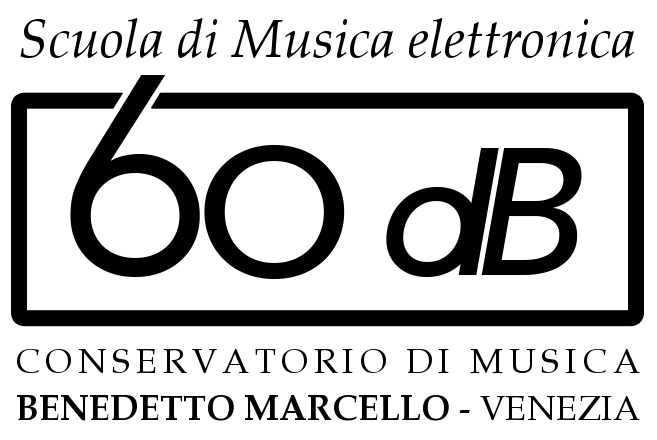Écouter le monde
Social
Podcast
Soundmap
"Sound of the world" is a project of sound creation carried by an international network of cultural actors which scope is to propose a digital platform dedicated to exploring the sounds of cities. Through this unique experience, the project wishes to develop practice and listening skills.
Indeed most people are familiar with looking at the world, but they are less familiar with exploring its audio dimension. Yet, the harangues of market sellers in Dakar, children screaming in a Paris square, or the St. Mark's bells midnight-ringing in Venice, all relate our daily lives with an evocative power that is even stronger than images.
"Sound of the world" thus intends to convey the sounds of cities where cultures, languages, generations converge, conveying imaginary, affect and memory. The platform involves the creation of a sound library (sound recordings of the cities to be used by the partners), and of "audio postcards" (participative audio creations to be used by the general public to raise their awareness of cultural diversity).
The project combines a range of different actors: Radio France Internationale, the conservatory «Benedetto Marcello» of Venice, the residents' association «Bruxelles nous appartient - Brussel behoort ons toe» of Brussels, and the journalism school of new media E-jicom in Dakar. It aims to invent new ways to work together and to engage new partners over time.
The project also calls upon composers, journalists, radio authors, as well as city residents, artists, musicologists, and researchers. Each of them will participate in these innovative experiences of discovering cities: a Parisian morning in the subway's hubbub, Brussels inhabitants sharing their childhood memories with a Flemish, Walloon or Brussels accent, a radio-based news service made of sounds of Dakar, etc. All the city tales will be broadcast through a digital platform and each partner's distribution networks in order to reach a large public. On the long run the project want build a sound library and make it available to expert and professional working in the field of sounds and audio matter: cultural actors, anthropologists, historians, geographers...
"Sound of the world" wants also to set up a web site ("audio postcards") available to all citizens in order to raise awareness about the sounds and the audio stimulations surrounding all of us. To realise the project, the partners will implement different activities: 2 workshops in Paris; 4 creative training about sounds in Paris, Brussels, and Dakar; 1 concert in Venice conceived with all the sounds recording during the project; 1 online platform gathering the sound creation.
In the final phase in order to contribute to its sustainability in the long term, associated partners will be invited in participating to the project by an official partner to create together new sounds and new use of them during 4 creative audio training in Zürich, Nuremberg, Buenos-Aires and Bamako.
Our ambition is that "Sound of the world" might possibly become a world reference for the audio heritage and pleasure to listen and discover other cultures.
https://www.up2europe.eu/european/projects/ecouter-le-monde_125802.html
to the top

